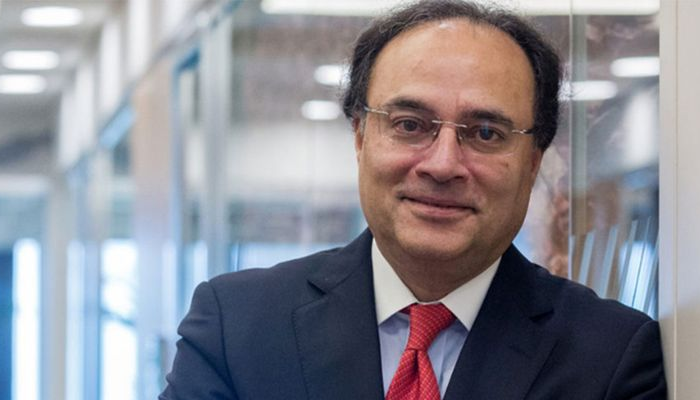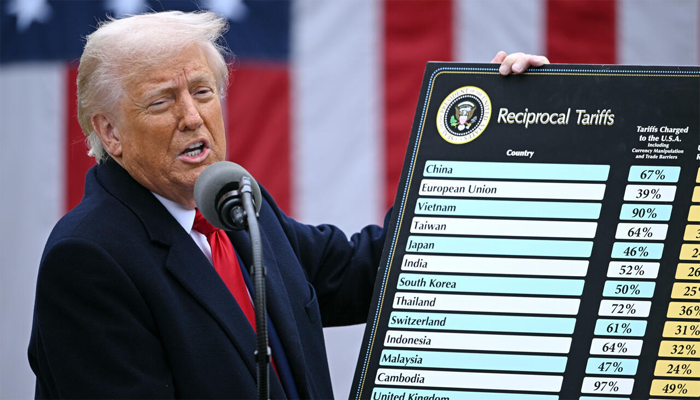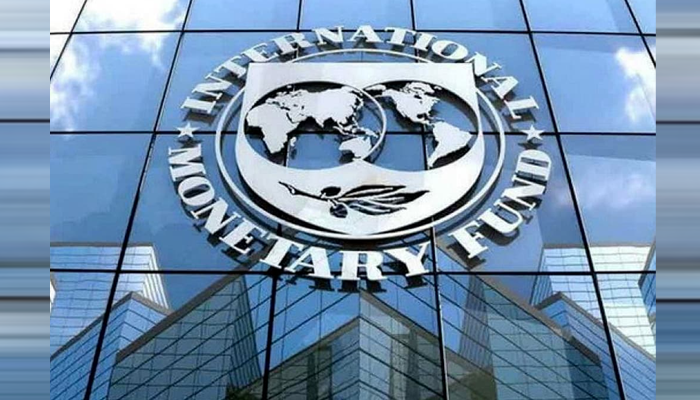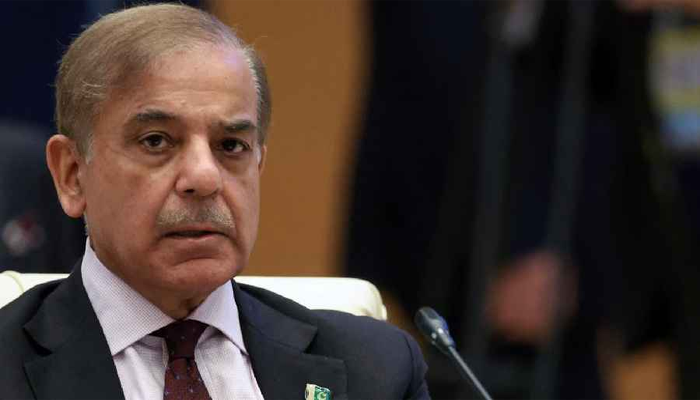ISLAMABAD: Federal Minister for Finance and Revenue, Senator Muhammad Aurangzeb, chaired a high-level meeting at the Finance Division today to drive forward Pakistan’s strategic transition towards a digital and less cash-dependent economy. The meeting brought together key stakeholders from the financial sector, including senior representatives from commercial banks, development finance institutions (DFIs), regulatory authorities, and investment professionals. These stakeholders form the core of a Committee established by the Minister to develop actionable recommendations for accelerating digital financial adoption across the country.
The meeting featured an in-depth discussion on a comprehensive set of proposals designed to increase the use of digital payments and reduce cash reliance. Participants collectively emphasized the importance of expanding the accessibility and usability of digital financial services across all sectors of the economy. A central focus of the deliberations was ensuring that digital payment systems—particularly the Raast instant payment platform—are widely available, interoperable, and consumer-friendly. This would help build trust in digital transactions and enhance the user experience for both individuals and businesses.
The Committee members reached consensus on the need for a balanced incentive structure to level the playing field between cash and digital transactions. They proposed adjustments to current frameworks that would make digital payments more attractive and cost-effective for consumers and merchants alike. Particular attention was given to reducing costs associated with digital transaction infrastructure—especially merchant acquisition and service delivery—to ensure broader outreach, with a focus on small businesses and underserved communities.
The discussions also emphasized the role of government and public sector entities in adopting and promoting digital transactions. It was agreed that incorporating digital payments in public service delivery, tax collection, and procurement would send a strong signal and create a multiplier effect in accelerating national adoption.
Finance Minister Senator Muhammad Aurangzeb welcomed the Committee’s proposals and highlighted that digitalization is not merely a policy preference, but a strategic imperative for Pakistan’s economic transformation. “Digitalization is the foundation of a modern financial system,” the Minister stated. “We must move with urgency and coordination to create a payments environment that is inclusive, interoperable, and easy to use for every Pakistani citizen.”
He reiterated the government’s commitment to promoting financial inclusion, improving efficiency, and strengthening transparency in economic transactions through digital transformation. The Minister also stressed the need for cohesive policy alignment among all stakeholders, including regulators, financial institutions, and the private sector, to ensure the success of this initiative.
The meeting concluded with a directive from the Finance Minister for the Committee to develop a detailed and time-bound roadmap for the implementation of its recommendations. This roadmap will be submitted to the Finance Division to guide future policy actions and institutional reforms in support of Pakistan’s digital financial agenda.
The high-level meeting marks a significant step forward in aligning national financial infrastructure with global digital trends and underscores the government’s resolve to build a robust, transparent, and inclusive digital economy for all Pakistanis.









